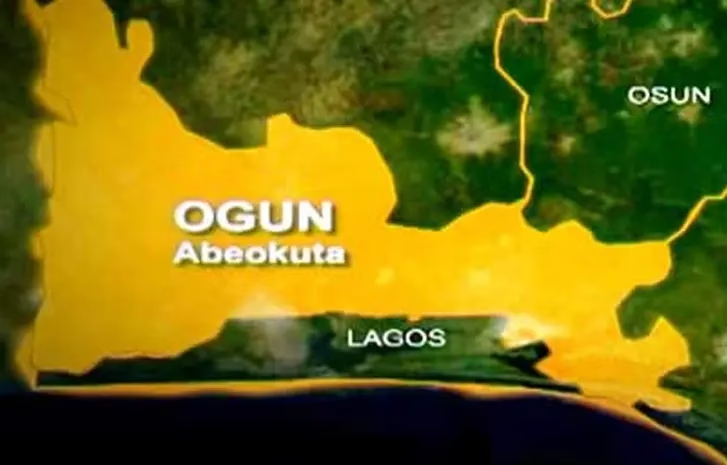The Ogun State Muslim Council has announced a comprehensive strategy to engage political stakeholders and advocate for electoral transparency ahead of Nigeria’s 2027 general elections. In a communiqué released on Tuesday in Abeokuta, Secretary-General Alhaji Kamal’deen Akintunde outlined plans to collaborate with political parties, candidates, electoral bodies, and civil society groups to promote accountability and social cohesion. The resolutions emerged from the council’s general meeting on Sunday, which centered on fostering dialogue to strengthen democratic processes and post-election stability.
Akintunde emphasized the council’s intent to partner with the League of Imams and Alfas, a prominent Islamic body, to amplify efforts in mobilizing Muslim communities for civic participation. The meeting notably urged eligible voters to enroll in Nigeria’s upcoming continuous voter registration drive, framing electoral engagement as both a civic duty and a means to influence governance. The council also called on the Independent National Electoral Commission (INEC) to uphold impartiality and transparency, reiterating its dedication to safeguarding the rights of Muslims in Ogun State.
In a significant policy endorsement, the council voiced support for a bill before Nigeria’s National Assembly aimed at expanding women’s political representation. Akintunde described the proposed legislation as a “critical step” toward inclusive governance and national progress. Educational reforms also featured prominently in the council’s agenda, with calls for Qur’anic schools to incorporate vocational training and core academic subjects into their curricula. This initiative, paired with efforts to reduce out-of-school children, aligns with broader campaigns to address educational inequities in southwestern Nigeria.
The communiqué concluded with plans to appoint a new President-General, signaling a transitional phase for the council. While details of the selection process remain undisclosed, the move underscores the organization’s focus on revitalizing its leadership ahead of the election cycle.
As Nigeria’s political landscape intensifies in the lead-up to 2027, the Ogun State Muslim Council’s multipronged approach—prioritizing voter mobilization, institutional accountability, gender inclusivity, and education—reflects a strategic effort to shape governance outcomes while addressing grassroots challenges. With its deep ties to religious and community networks, the council’s initiatives may serve as a template for faith-based advocacy in Nigeria’s evolving democracy.
